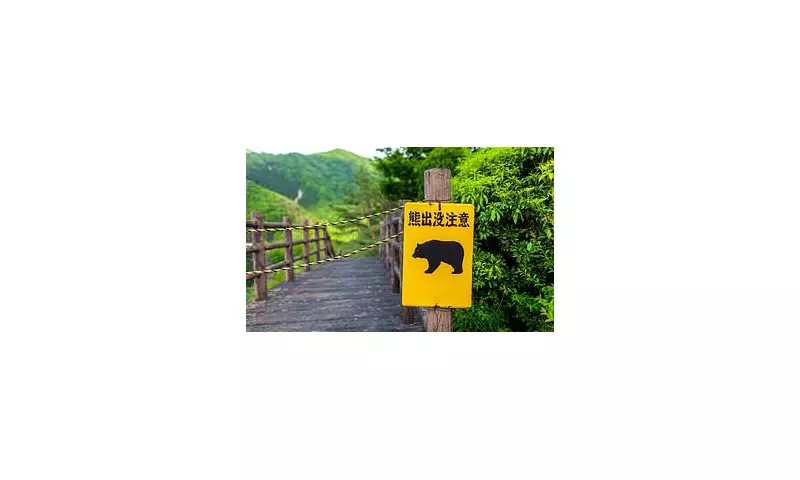
The UK Foreign, Commonwealth & Development Office (FCDO) has issued updated travel guidance for Japan following an alarming and record-breaking surge in deadly bear attacks across the country.
Unprecedented Spike in Bear Encounters
Japan, a destination famed for its stunning landscapes and vibrant cities, is confronting a severe wildlife crisis. Official figures from Japan's Environment Ministry, reported by NHK World Japan, reveal that 88 people were attacked by bears in October alone, resulting in seven fatalities. This makes it the worst month for bear attacks in the past decade.
The situation remains critical, with 27 further attacks and one death recorded so far in November. The cumulative figures from April to the end of October show 184 people were injured and 12 were killed in these dangerous encounters.
High-Risk Regions and Official Safety Advice
The bear sightings and attacks have been concentrated in mountainous and forested regions, sometimes near populated areas. The northern prefecture of Akita has been hardest hit, with 56 casualties. Other affected areas include Iwate (34 injured), Fukushima (20 injured), and Nagano (15 injured).
In response, the UK Foreign Office has integrated specific bear safety protocols into its official travel advice for Japan. The guidance strongly urges travellers to:
- Follow local advice and alerts diligently.
- Research the local wildlife of the region they are visiting.
- Avoid walking alone in areas where bears have been sighted.
- Take all rubbish, including food waste, with them to avoid attracting bears.
- Report any bear sightings immediately to local authorities.
Broader Context and Additional Warnings
Compounding the real-world threat, The Guardian reports that a wave of AI-generated fake videos depicting dramatic bear encounters is circulating on social media, causing increased anxiety among residents and visitors alike.
In a separate but concurrent update, the FCDO has also expanded its warnings about methanol poisoning to include several popular tourist destinations, including Japan and Mexico. Travellers are advised to be vigilant for symptoms such as blurry vision and confusion.
With brown bears and Asiatic black bears identified as the primary species involved, these developments underscore the critical importance of heeding official travel advice and preparing thoroughly for the unique risks present in Japan's wilderness areas.





